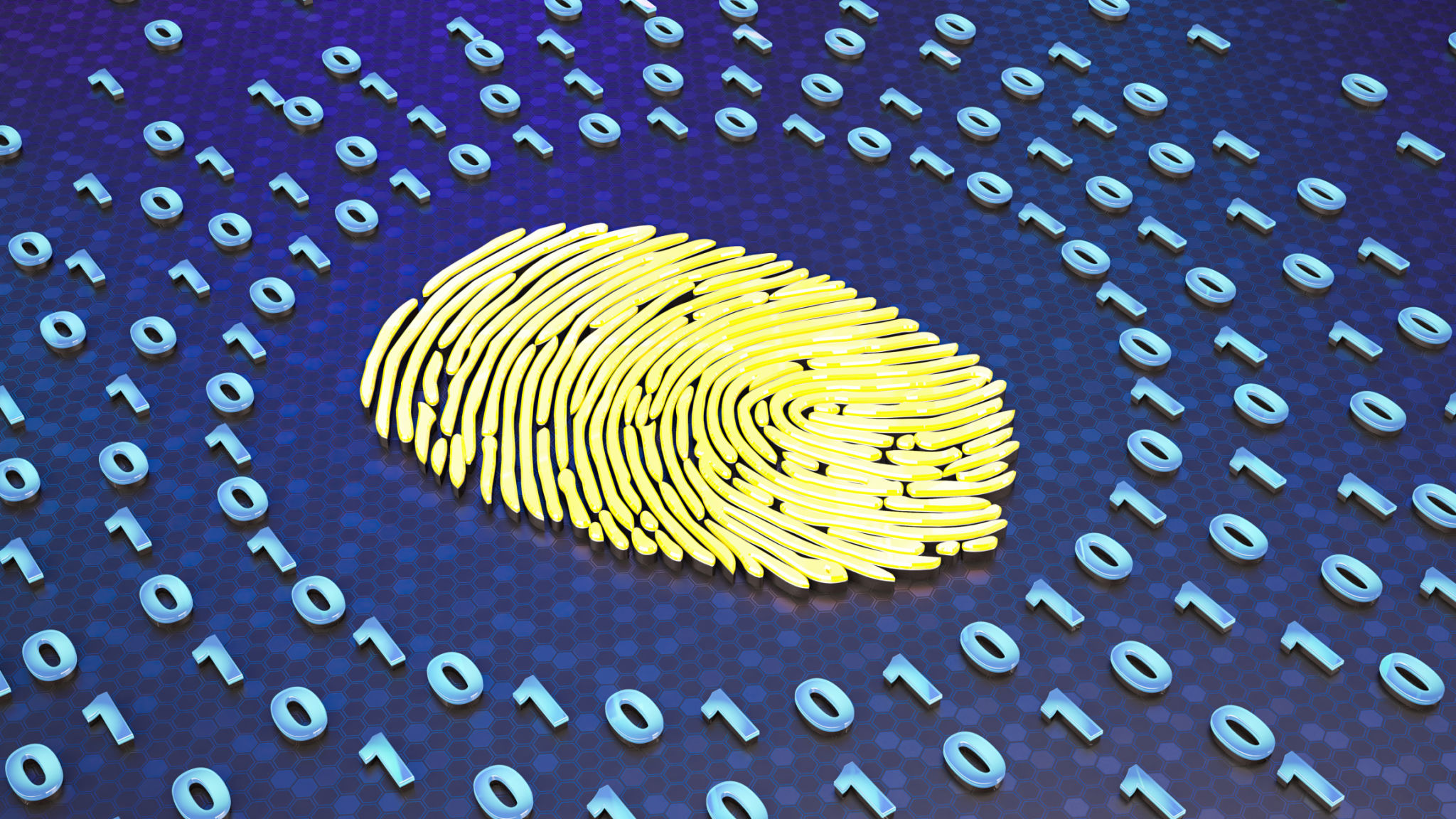Expert Insights: Preventing Common Security System Failures
Understanding Common Security System Failures
Security systems are an integral part of protecting both residential and commercial properties. However, like any technology, they are not immune to failures. Understanding the common reasons why security systems fail is the first step in preventing these issues. The most frequent problems include power outages, outdated software, and improper installation. By addressing these factors, you can significantly enhance the reliability of your security system.
Power outages are a major cause of security system failures. Without a consistent power supply, cameras and alarms can become non-functional, leaving your property vulnerable. It's crucial to invest in backup power solutions, such as battery backups or generators, to ensure continuous operation during outages.

The Importance of Regular Maintenance
Regular maintenance is another key factor in preventing security system failures. Many issues arise simply because systems are not properly maintained. Routine checks can identify potential problems before they become critical. This includes inspecting cameras for any signs of damage, ensuring that all sensors are functioning correctly, and updating software to the latest versions.
Software updates are particularly important as they often include patches for security vulnerabilities. Ignoring these updates can leave your system exposed to cyber threats. Set your system to automatically update or establish a regular schedule to check for new software releases.

Ensuring Proper Installation
Improper installation is a common issue that can lead to security system failures. It is essential to follow the manufacturer's installation guidelines meticulously or hire a professional installer. This ensures that all components are correctly positioned and functioning as intended. A poorly installed camera, for instance, might miss crucial areas it is supposed to monitor.
Additionally, ensure that all connections are secure and that there is no interference from other electronic devices. Even minor misalignments or loose connections can compromise the effectiveness of the entire system.
Implementing Robust Cybersecurity Measures
In today's digital age, cybersecurity is just as important as physical security. Many modern security systems are connected to the internet, making them vulnerable to hacking. Implementing strong passwords and enabling two-factor authentication can help protect your system from unauthorized access.

Regularly reviewing access logs can also help detect any suspicious activity. It's advisable to restrict access to only those who absolutely need it and regularly update access permissions as necessary.
Training and Awareness
Human error is another factor that can lead to security system failures. Training staff or family members on how to use the system correctly can prevent accidental mistakes that might leave your property exposed. Ensure everyone understands how to arm and disarm the system, how to respond to alerts, and who to contact in case of an emergency.
Raising awareness about the importance of security measures encourages everyone involved to remain vigilant and proactive in maintaining the integrity of the system.
Conclusion
Preventing common security system failures requires a proactive approach that includes regular maintenance, proper installation, robust cybersecurity measures, and user training. By addressing these areas, you can significantly reduce the likelihood of system failures and enhance the safety and security of your property. Remember, a well-maintained security system is a reliable one.